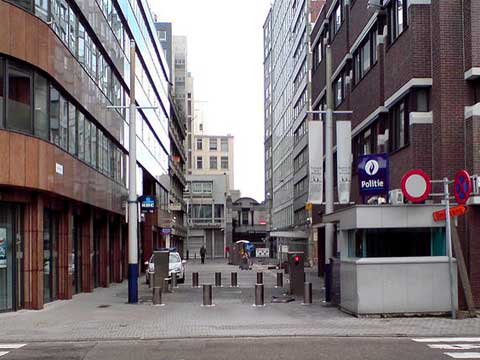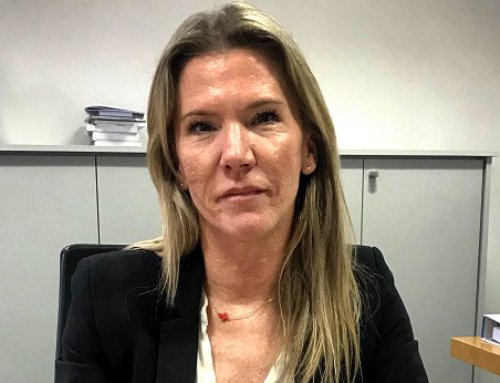The conditions for registering diamond intermediaries are tightened, while synthetic diamonds are now subject to a specific procedure.
The diamond sector is a heavyweight in Belgium. Just look at a few figures: Antwerp is one of the world’s leading diamond trading centres, accounting for 4% of Belgian exports and 15% of Belgian exports outside the European Union. And the 1,600 or so specialist firms operating in the metropolis together generate an annual turnover of some 36 billion euros.
However, this does not prevent it, like other sectors where a lot of money circulates, from being confronted with money laundering practices. In the context of increased attention to the fight against money laundering and terrorist financing, a risk analysis of the sector was carried out two years ago under the aegis of a Financial Action Task Force.
This led to a series of recommendations: they called for stricter conditions for the registration of diamond traders, for more thorough controls on the import and export of diamonds, and for a review of the status of experts carrying out verification missions.
On this basis, the federal government has launched a project to modernize the regulatory framework of the sector. This work has just been completed: the new royal decree was published in the Official Monitor on Friday 13 December and has just come into force. It strengthens the conditions for registering diamond traders and confirms the role of the Federal Public Service Economy as the sector’s supervisory and control authority. In the event of an infringement, the FPS department will be able to propose to suspend or withdraw the registration of the trader concerned, with the final decision resting with the Federal Minister of the Economy.
Specific treatment for synthetics
What changes compared to the old regime? “The new Royal Decree replaces the 2004 legislation and increases control over the sector,” says Chantal De Pauw, spokesperson at the FPS Economy.
One of the main changes concerns synthetic diamonds, which will now be subject to separate control, with a specific registration method and customs code. This is to take account of developments and the fact that this type of diamond is becoming more and more widespread.
For the rest, the changes are more cosmetic. “The service at the FPS had already existed for a long time and was already working with customs at the Diamond Office in Antwerp, through which the imported diamonds pass,” says Chantal De Pauw. In order to guarantee maximum security, the entire process of exporting and importing diamonds is handled in a single building.
“The decree confirms the service’s way of working,” the spokeswoman concluded. “With this text, we are even closer to international legislation, but we should not forget that Belgium was already considered exemplary in this respect.“






